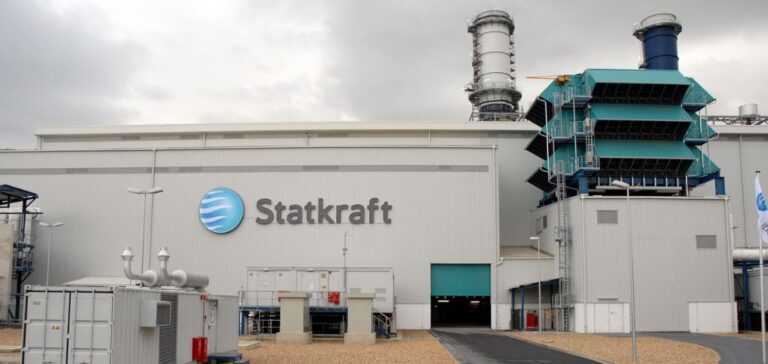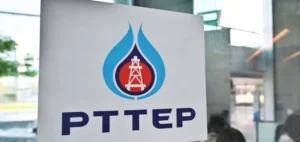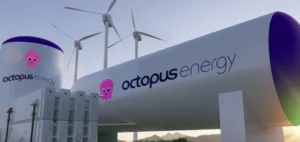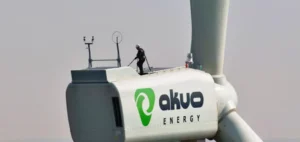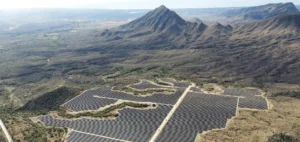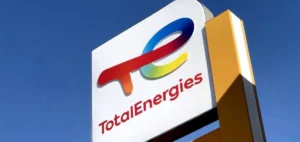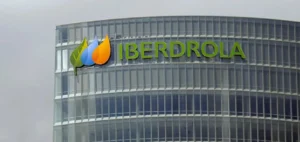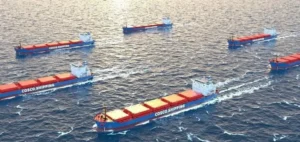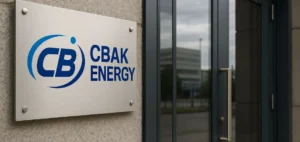Statkraft posted a net loss of 1 billion crowns (84 million euros) in the second quarter, compared with a profit of 5.5 billion a year earlier.
In Albania and Turkey, the Group wrote down 3.1 billion euros on its hydroelectric assets due to downward revisions of expected production.
In Germany, a provision of 841 million Norwegian kroner has been set aside for lower price forecasts in the wind power sector.
In India, a provision of 348 million has been booked for hydroelectricity.
Quarterly sales fell to 11.2 billion kroner from 12.9 billion kroner a year earlier, affected by lower electricity prices in Northern Europe and Germany.
Nevertheless, electricity generation rose by 1.3 TWh to 14.4 TWh.
Underlying operating income fell by 34% to 4.9 billion crowns.
Strategic reviews and outlook
Statkraft revises its growth targets.
The group plans to install between 2 and 2.5 GW of new capacity in onshore wind, solar and battery storage from 2026, compared with the 2.5 to 3 GW originally planned from 2025.
For offshore wind, it is now targeting between 6 and 8 GW by 2040, instead of the 10 GW planned.
Statkraft’s strategic revisions, including the recent takeover of Spain’s Enerfin, demonstrate the need to adapt to market conditions.
These adjustments are aimed at maintaining profitability while pursuing expansion in renewable energies.
The situation of the Norwegian state-owned company illustrates the challenges faced by major renewable energy producers in a fluctuating economic environment.
The adjustments required to maintain profitability and continue to invest in the future of green energy highlight the importance of agile, proactive strategic management.

